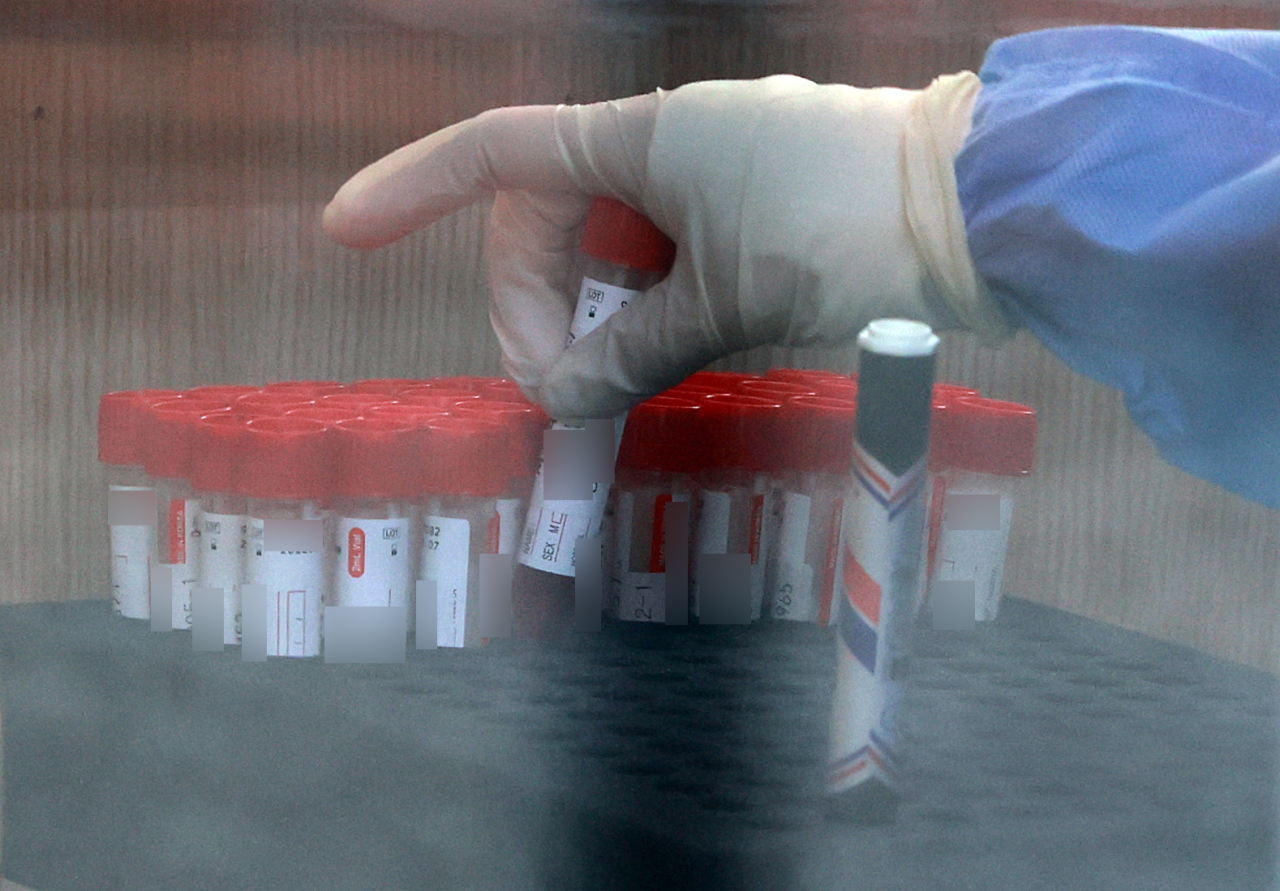South Korea has been speeding up its vaccination efforts, with 1 in 4 now fully vaccinated, but a surge in the delta variant is hampering the country‘s efforts to contain the pandemic.
Prime Minister Kim Boo-kyum said Wednesday, “The number of confirmed cases exceeded 2,000 again after five days. The delta variant is being found in 9 out of 10 confirmed cases in Korea.”
He added that the delta variant emits up to 300 times more virus than conventional COVID-19 viruses.
“This epidemic caused by the delta variant is different from the previous crisis,” Kim said. “As confirmed in many countries, an explosive outbreak cannot be avoided if tensions are relaxed even a little.”
Since December last year, a cumulative 16,842 cases have been confirmed as COVID-19 variants. Among them, the delta variant was found in 14,454 cases, by far constituting the largest portion of them. Most recent data shows 99.1 percent of 3,062 COVID-19 variants between Aug. 15 and Aug. 21 were delta.
Seoul officials also cited the spread of the delta variant as the main reason for the infection surge.
The capital city reported 673 confirmed cases as of Tuesday midnight, following 677 the previous day, which was the city’s highest figure since the pandemic began.
Park Yoo-mi, a disease control official at the Seoul metropolitan government, said, “During the tests in Seoul until recently, there were 4,614 confirmed variant cases and the delta variant ratio was more than 93 percent (4,153).”
Nationwide, infections continue to rise.
The number of new confirmed cases was 2,155 on Tuesday, the second most since the pandemic began last year, bringing the total to 241,439. Of the newly confirmed cases, 2,114 were locally transmitted.
Most worrisome is a rise in severely ill patients, which reached a record high of 434. The number of deaths increased by nine to 2,237, a fatality rate of 0.93 percent.
Officials worry growing infections will weigh on hospitals already struggling from bed shortages and fatigue in healthcare workers.
“The medical system’s capacity is decreasing due to growing patients,” senior health official Sohn Young-rae said in a briefing Tuesday. “If more than 2,500 patients continue to occur a day, many problems can arise.”
Intensive care beds are also being filled quickly. As of 5 p.m. on Tuesday, only 30.3 percent (252 beds) for coronavirus patients remained available. The government said it will secure an additional 950 beds by the end of this week, including 90 beds for intensive care.
The pace of the vaccination effort is expected to pick up Thursday, when the first shots are set to be administered to people aged 18-49.
Participation in the nation’s advance booking system for vaccinations began Aug. 8 for the age group, and the reservation rate stood at 66.4 percent.
So far about 26.7 million people have gotten the first shot and 12.88 million people are fully vaccinated. A quarter of the nation’s total population is now fully inoculated.
By Shin Ji-hye (
shinjh@heraldcorp.com)








